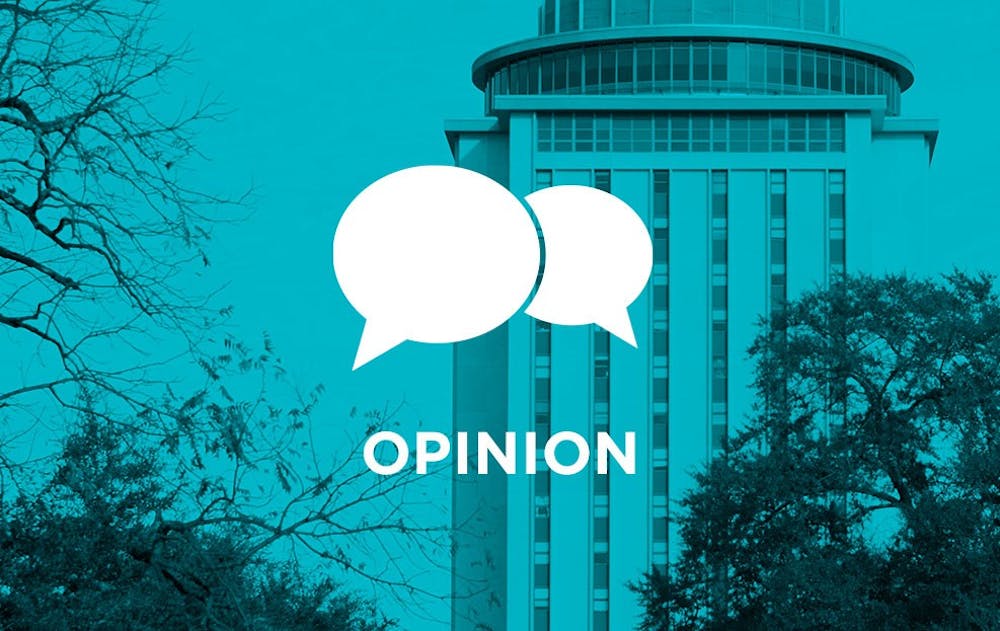In 2018, the Campus Free Expression Act stopped the implementation of Free Speech Zones on USC’s campus. This worked as an active reminder to the student body that the campus is a public forum; that students' right to free speech is protected on the entirety of the campus, not just in particular parts.
Section 59-101-850 of the act clearly dictates that students who substantially interfere with the free speech of other students will receive disciplinary action on the part of the university. In order to protect our student body, I would like to challenge one prominent perspective on free speech that seems to be more and more pervasive, especially within a student body that is motivated to push for social justice.
Lately, many initiatives have begun championing the idea that, as a society, we should censor our own language in order to make the people around us as happy and comfortable as possible. That sounds good, right? I know I certainly don’t want to intentionally upset people or make an already difficult life any harder. However, that altruistic motivation has an underlying Catch-22 that, as the leaders of our campus, city, state and nation, we absolutely must understand and combat.
By asserting that one person must not say anything deemed “offensive” to others, we are directly attacking that person’s right to free speech. When we attack another’s right to free speech, we ultimately attack our own as well. That’s why the Supreme Court has time and time again defended the right to free speech, even for groups like Westboro Baptist Church, who an extremely limited number of people actually agree with or want to listen to.
Right now, a wide variety of ideas are considered offensive simply because they run counter-culturally to ‘popular’ (or at least efficiently marketed) political opinions. In 10 years, what people find offensive will likely look very different from what people currently find offensive; culture ebbs and flows between the progressive and the conservative. However, when our culture starts labeling certain ideas as offensive, it denies itself the right of access to a genuinely diverse array of ideas and beliefs. That is indoctrination, and it is incredibly dangerous.
Now, I doubt that the majority of the student body that wants to protect people against "offensive" speech actually wants to limit the diversity of thought as well, but you can’t have one without the other. Limiting speech that we disagree with, even strongly disagree with, forces the next generation into an overly-sheltered, ideologically selective, inexperienced corner.
It’s also important to remember two more facets of the "free speech" discussion. First of all, legislation already protects against disturbing the peace; protecting our physical safety is already a legal priority, so don’t worry. Secondly, there is no legal definition of “hate speech.”
For a term that is thrown around so often, you might think hate speech is something people are legally protected against. The fact is though, even highly offensive language and sentiment is protected under the First Amendment, as ugly as it may be and as much as we might detest it, unless it directly poses a physical threat to citizens. Calling someone a rude name and yelling “Fire!” in a movie theater might both originate from the same impish, hateful tendency, but fundamentally, one poses a physical threat and one does not.
To be clear, the generation of current college students prioritizes pursuing social justice, and that is an extremely valuable characteristic. The issue comes in when people lack the maturity to listen to opinions they disagree with, and then classify those opinions as hateful. Now that definition we do have: In layman's terms, it’s called “censorship.”

